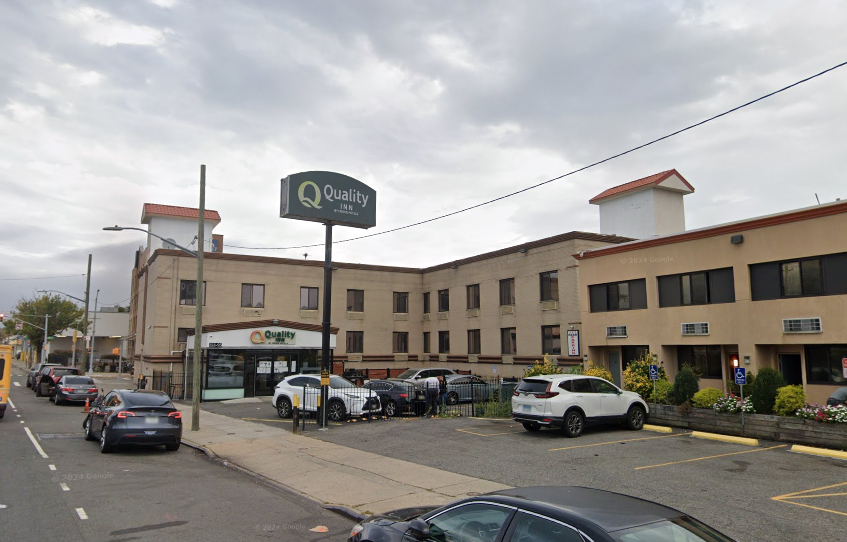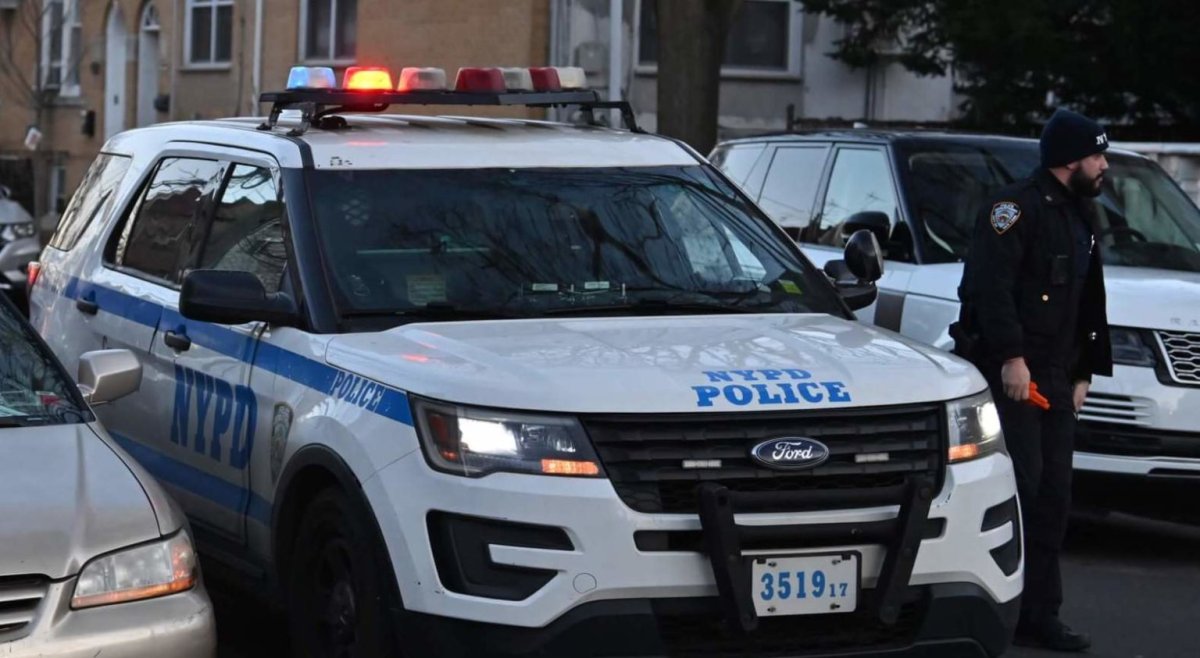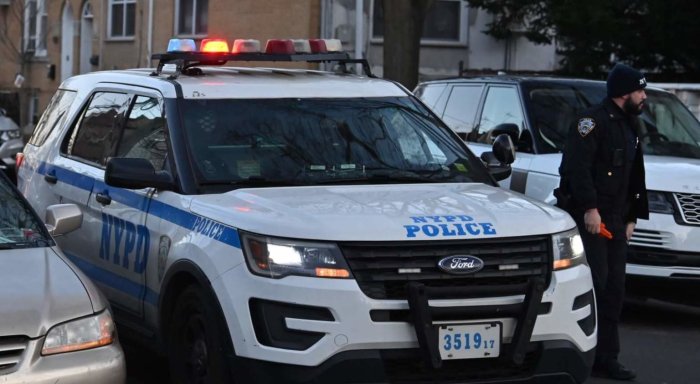By Ronda Kaysen
He recently shared his thoughts with Downtown Express about the “Path to 9/11,” an ABC miniseries based on the “9/11 Commission Report” starring Harvey Keitel as John O’Neill, the FBI agent who tracked Al Qaeda in the 1990s when no one else cared and died in the World Trade Center on Sept. 11, 2001. The five-hour mini-series will air with virtually no ad interruptions on Sept. 10 and Sept. 11.
You tend to produce light entertainment flicks like Legally Blonde and Happy Endings. What made you take on a political miniseries?
I’m not sure it’s political. It’s really historical in the sense that it details events that are part of our history. I got a phone call from ABC and they asked me if I’d read the 9/11 Commission Report. Sadly, I must confess, that like most Americans, I had not. I went out and bought it and read it. I was slightly daunted by the size of it. I found myself almost immediately absorbed in it. It almost reads like a political thriller and you realize this is as factual an account as there can be and I was awestruck by that… I realized as a citizen, as a father of five children, as someone who lives in both L.A. and New York, I felt a sense of responsibility. I can’t think of a better use of my time than taking this daunting document and adapting it into a medium that would be more accessible.
What do you hope audiences will get out of it?
They’ll be motivated to pick up this report and read it.
Why five hours? Why not make a feature-length film?
It was hard enough to take the story and reduce it to slightly under five hours. I don’t know if the essence of the full story could have been told if it were any shorter. One could have made a 12-hour miniseries about this.
There are a lot of 9/11 movies coming out this year because of the five-year anniversary. Why should people see your movie?
This is a story that hasn’t been told and isn’t being told anywhere else. It isn’t really about the day. The major portion of the show isn’t about the unfortunate and horrific carnage of 9/11. We begin in 1993—the first World Trade Center bombing, which many people outside of New York have forgotten about. It’s a very new story because it’s what happened before 9/11.
Have you seen Oliver Stone’s “World Trade Center,” or Paul Greengrass’s “United 93”?
No. Have you?
Have you read “The 9/11 Report: A Graphic Adaptation,” a graphic novel based on the commission report, by Sid Jacobson and Ernie Colón?
I heard about that. It seems so odd to me. Someone was describing it to me.
Where were you on 9/11?
I was in L.A. I was awoken shortly before 6 a.m. by a friend who said, “Turn on the T.V.” I witnessed it mostly on my T.V. set. Like so many people whose lives were touched, I lost a former NYU Law School colleague of mine who perished at the World Trade Center… I remember coming to the city a few days after the planes started flying again and coming back to my apartment [near Lincoln Center] and I couldn’t believe how silent the city was. It was very unsettling. I remember as we were auditioning for “Wicked” and starting to work on this musical, my early memory was hearing the sirens of the funerals of the fireman. And bells ringing.
If you could meet one of the people portrayed in the film, who would it be?
John O’Neill.
What would you ask him?
How did you know?
Was it hard casting people who everyone knows, like Condoleezza Rice and Dick Cheney?
You do the best you can in casting. In most instances we’re very precise. It’s not only finding someone who physically resembles someone, it’s finding someone who can act.
Has producing the film changed your feelings about Osama bin Laden or Mohamed Atta?
My feelings haven’t changed. Is there a deeper sense of the divide among the cultures of the world there? Yes, perhaps. But not my feelings about those particular individuals. For those of us who are law-abiding citizens who value human life, it’s hard to imagine any issue that could override that.
How did you create Islamabad and Afghanistan, which were shot in Morocco?
It’s doing a lot of research and, in some instances, great art design. The embassy of Yemen is shot in Toronto. That’s part of making a film.
You portray a lot of powerful people in the miniseries—like former CIA director George Tenet and former Secretary of State Madeleine Albright. Do you worry about pissing some of them off?
It’s inevitable that there will be criticisms from people who say you didn’t treat me fairly. There’s likely to be partisan discussions. There may even be some within different agencies. That’s to be expected. We tried very hard to communicate the essence of what’s in that report. There was a colossal failure. The balance of how we viewed the world was different pre-9/11. In a certain way, everyone involved [is partly to] blame. We were living in a different world and that’s what’s hopefully been communicated. There’s a whole thing on what was going on with Monica Lewinsky. That’s where we were as a country. Our focus was on Monica Lewinsky.
Will there be sequel?
I hope not.
What would it be about?
Only time can write the sequel. One would like to imagine that what lies in store for us is that there is no sequel because there is no event that has occurred, but there’s resolution instead. I don’t know if that’s possible, I don’t think it’s practical, but it’s always good to hope.

































